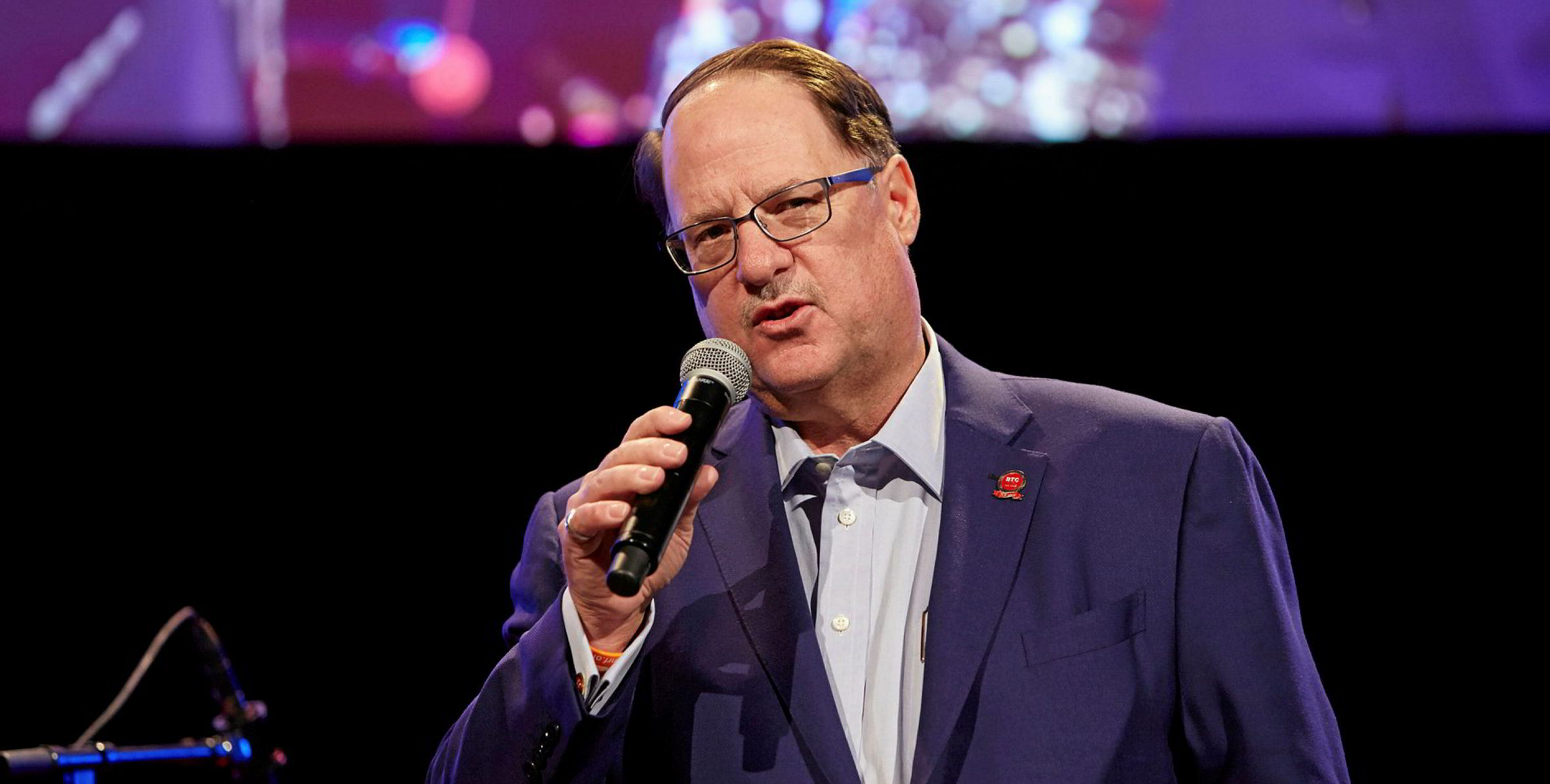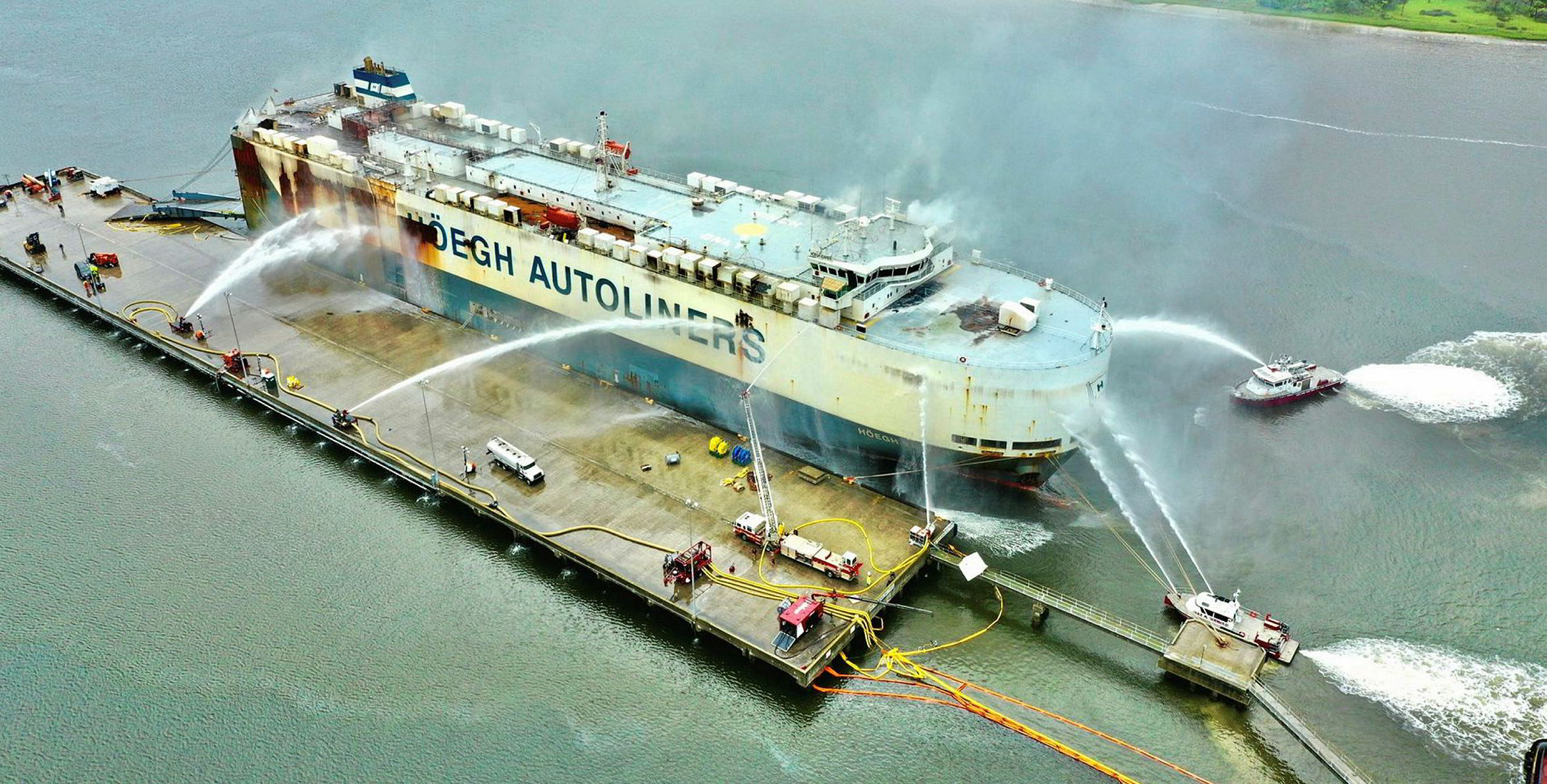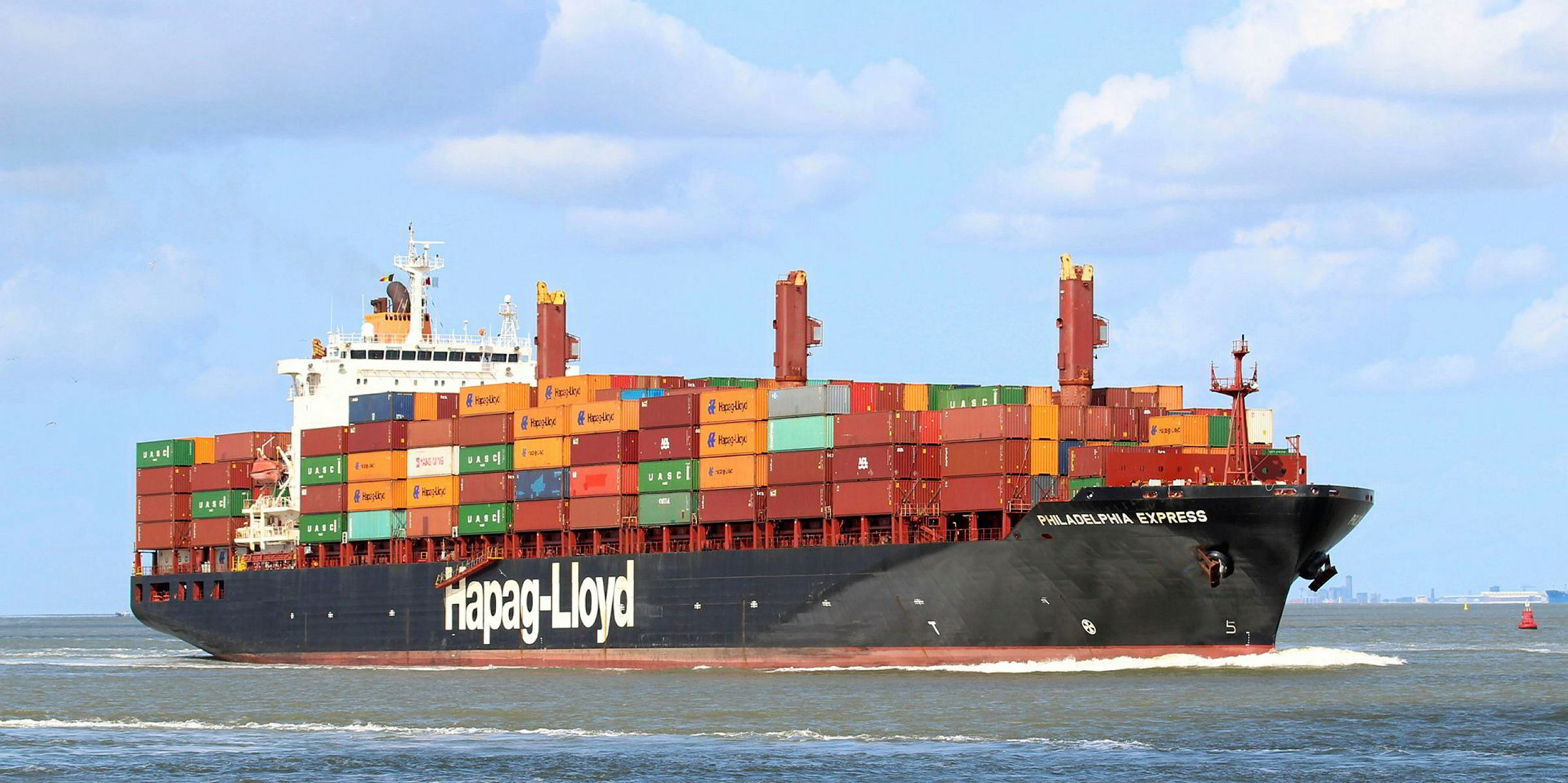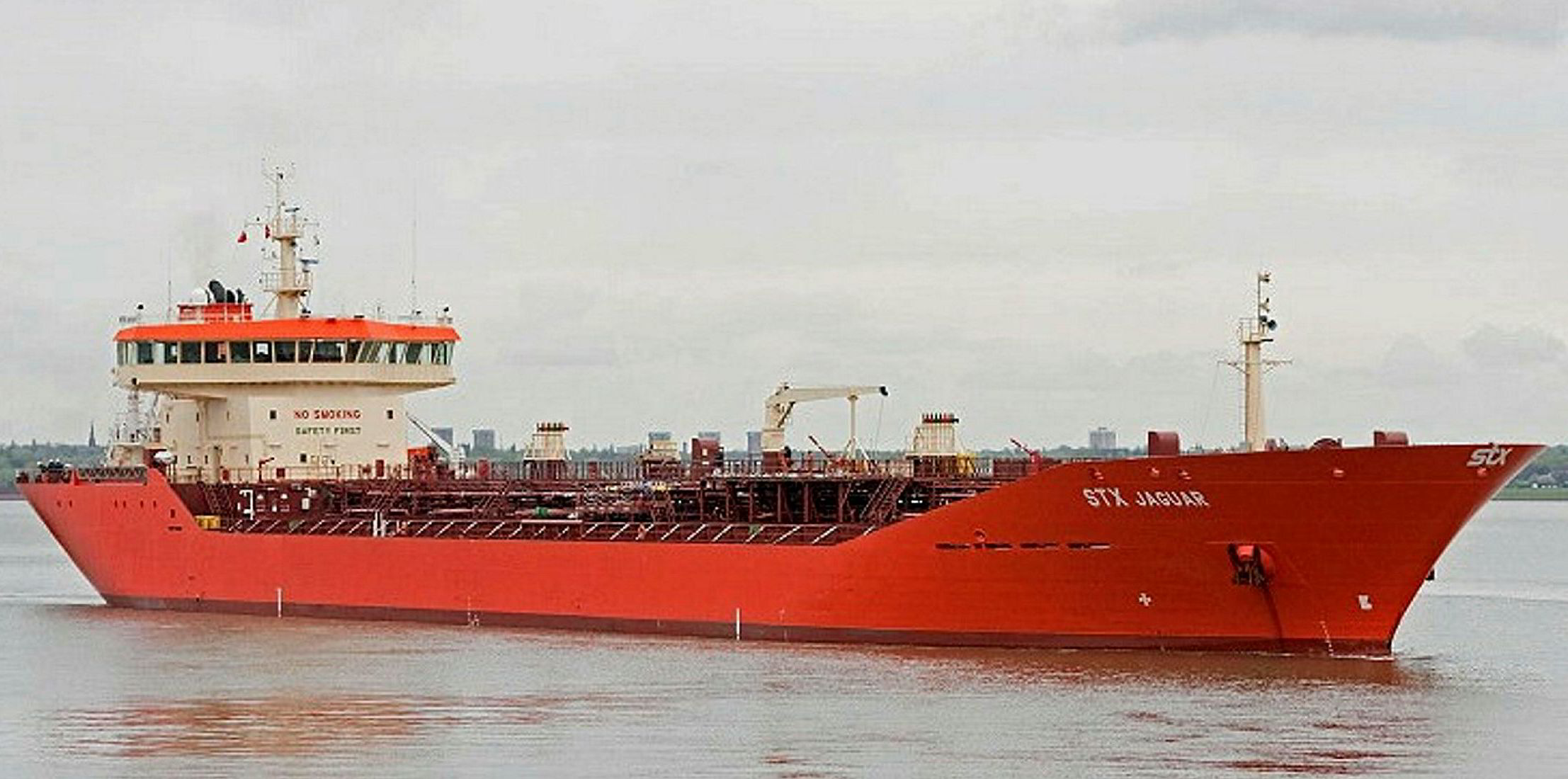Bouchard Transportation's founding family pumped tens of millions into the ailing company as classification issues prevented its oceangoing articulated tug barge fleet from trading.
According to documents filed in its ongoing bankruptcy proceedings, the Long Island tug and barge owner received $40.4m in loans from the Bouchard family as it floundered after a fatal explosion on one of its barges in 2017.
"Despite its rich history, Bouchard’s current challenges proved insurmountable on an out-of-court basis," Matthew Ray, managing partner at Portage Point Partners, wrote in a declaration filed on Monday.
Ray is Bouchard Transportation's proposed chief restructuring officer, who will stand in for a court-appointed trustee should the court allow it.
He said the company, which is looking to reorganise in the US bankruptcy court for the Southern District of Texas, is working on securing debtor in possession financing and would look to pay all its creditors in full in cash.
Ray added that the company's focus in declaring bankruptcy was to give it "breathing room" after creditors had secured since-cancelled judicial sales of four vessels in the dozens of lawsuits against Bouchard Transportation over unpaid bills.
The declaration corroborates much of TradeWinds' previous reporting on the Bouchard Transportation situation, pieced together through documents filed in those lawsuits.
It said the company's troubles began after the explosion in Texas, which prompted ABS to recommend the US Coast Guard revoke vital safety documents, causing key customers to cancel contracts.
ABS then cancelled its contract with Bouchard Transportation.
With customers fleeing, the company ran into a liquidity issue and in 2017, 2018 and 2019 posted its first losses ever.
Financial lifeline
Meanwhile, starting in the first quarter of last year, the Bouchard family began lending the company money. A financial lifeline the company said it had received in March this year came in the form of a $25m loan from Fortress Capital secured against the company plane, a Gulfstream GV1.
At roughly the same time, Bouchard Transportation had retained DNV GL as its classification society to safely move vessels under USCG port orders. Ray's declaration said the Norwegian company cancelled its contract after an unsatisfactory safety audit.
He said it was the company's belief the Norwegian firm did not have the resources in the US to service its vessels.
ABS declined to comment on the matter. DNV GL said it does not comment on specifics in regard to customers, but stressed it has enough resources in the US to meet all customer needs.
“In general, a customer’s inability to rectify in a timely manner systemic and long-standing non-conformities with the ISM Code, DNV GL Rules for Classification of Ships and applicable flag state regulations weigh heavily in our decision to terminate our relationship with any customer," the company said.
To further raise funds, Bouchard Transportation was said to have a deal to sell two barges for $12m, which failed due to Covid-19. A buyer for the 3,000-bhp tug Evening Mist (built 1976) for $400,000 backed out.
It did successfully sell the 5,750-bhp tug Capt Fred Bouchard (built 1982) for $1m.
It is also looking to sell the plane, which could fetch $40m.
Moving forward
Bouchard Transportation's 29 September bankruptcy application cited between 1,000 and 5,000 creditors, liabilities between $100m and $500m and assets from $500m to $1bn.
Ray's declaration said its total assets were estimated to be worth $930m.
He said most of the fleet was unencumbered, with $164.1m in debt from Wells Fargo outstanding alongside the loan from Fortress and the funds provided by the family.
The company is hoping to raise money to pay crew members, hire employees, secure their vessels, hire a classification society and fund operations during bankruptcy.
Bouchard Transportation was said to be running with a skeleton crew for the last year and has been sued by its seafarers for unpaid wages.
"Bouchard has 100-year-old roots, an industry-leading fleet of 50 vessels, and a loyal customer base around which it can reorganise," Ray said. "But the debtors acknowledge there is significant work and focus required to unlock value for the benefit of all parties in interest."








